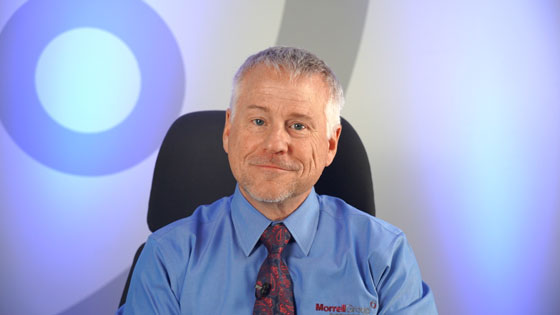The Effect of Rapid Technological Advancement on Foundational Technology
Hydraulic cartridge valves have been around for nearly a century, acting as a staple component of hydraulic manifold systems in industrial and mobile machinery alike. Why would they need to adapt? Could they really fade away?
The technological advancements happening in the world around us are nothing short of astonishing. No technical area is left untouched, nor stone left unturned. Technological progress is fierce and striving for efficiency – its pace is rapid, only continuing to accelerate.
In today’s episode of Evolution in Controls, we’re breaking down a technology and product category that seems to have stood the test of time: the hydraulic cartridge valve. Where does this foundational component stand in a time of exponential technological growth?
Materials and manufacturing efficiency are often overlooked when technology and electronics are advanced and improved. When considering all at once, items like the hydraulic cartridge valve face their ultimate test: to adapt or to fade away.
It creates a list of questions that demand answers:
- Could hydraulic cartridge valves be replaced?
- What changes can realistically be made?
- What technology fits this product technology best?
- Where does this technology take the hydraulic cartridge valve?
- Are there completely new products or product categories in the near future?
Joining Tim today to help us look into that prospective future are two guests of a well-established company, one that can be found in trades on the New York Stock Exchange: Sun Hydraulics.
Founded in 1970, Sun Hydraulics is a leading designer and manufacturer of high-performance screw-in hydraulic cartridge valves and manifolds that control force, speed, and motion as integral components in fluid power systems. Sun Hydraulics sells its products globally through wholly owned subsidiaries and independent distributors.
Larry Rowe, Vice President of Sales & Marketing, and Steve Meislahn, Global Director of Product Engineering, join the EIC Table for the first time to share their expertise with Tim and the rest of us.



